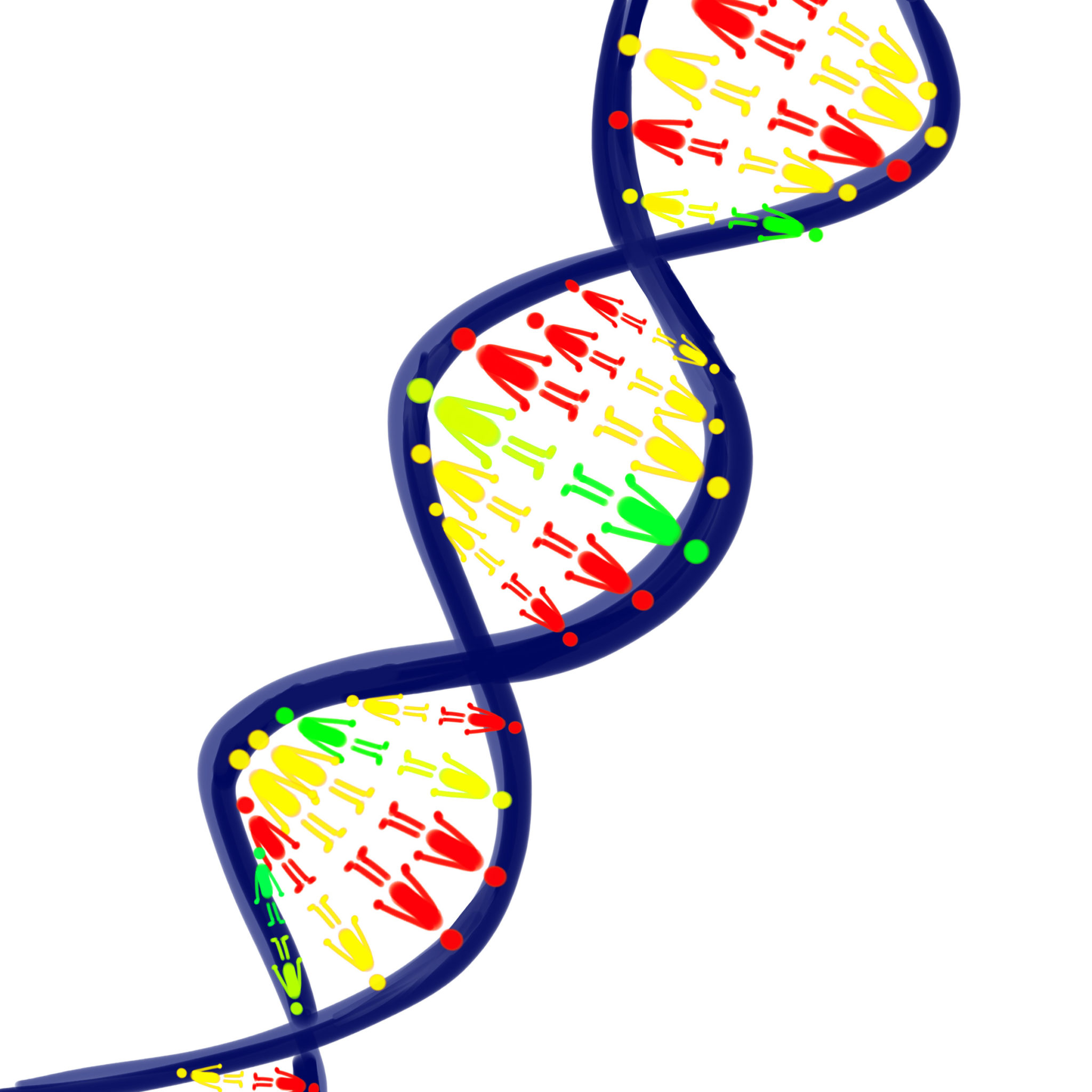
A recent Yale study explains how precision medicine — which uses patients’ DNA to predict how they will respond to drugs — will play a major role in cancer treatment in the future.
In a paper published in the October issue of Mayo Clinic Proceedings, Patricia LoRusso of the Yale Cancer Center and Mitesh Borad of the Mayo Clinic highlighted the challenges and opportunities faced by the field of precision medicine.
“Cancer is a complex disease — there are multiple reasons that the disease evolves,” said Warren Kibbe, current chief of Translational Biomedical Informatics at the Duke Cancer Institute and former deputy director of the National Cancer Institute. “In different people, the disease is different. The promise of precision medicine is being able to understand how you are different from others with the same disease.”
Cancer is a complicated disease because there is variance both between tumors and within any particular tumor. The study notes that tumors are heterogeneous, meaning that within a single patient’s tumor, the cancerous cells are genetically different from one another. Additionally, populations of patients with the same type of cancer may also have genetically different tumors.
The study points out that next-generation sequencing — a technique that allows researchers and clinicians to more rapidly and effectively figure out the sequence of DNA in different individuals — will play a large role in personalized medicine.
“Application of genetic analyses of cancers helps define therapies so that they are more precise,” said Borad, the lead author of the study and an oncologist at the Mayo Clinic in Arizona. The study also points out several areas for improvement in the current application of this technology.
Borad noted that one important area for improvement in using precision medicine will be minimizing false positives. He used the process of tissue analysis as an example, since doctors typically only sample the diseased tissue. Unless that sample is compared to a normal tissue sample as a control, clinicians run the risk of finding false positives, he said.
Recent developments in the field of cancer research have also shown that cancer is driven by more than just the DNA sequence, according to the paper. Personalized medicine based on next-generation sequencing and treatment with only a single drug, rather than a cocktail, has led only to “moderate success,” the study points out.
Both Borad and Kibbe believe that sequencing just the DNA will not be enough.
Kibbe said scientists must use a “multi-omic approach” to look at a patient’s DNA, RNA and any environmental influences on cell function.
“Integrating all of this will give us a better picture of the biology of cancer,” Kibbe said.
Once these methods are integrated in a cost-efficient manner, researchers and clinicians will be able to drastically improve precision medicine, according to the study.
Borad said he supports an integrated approach to analyzing tumors, since DNA analysis alone does not tell a complete story.
The study underscores that achieving a more efficient integrated approach to cancer therapy will require massive coordination, data sharing and communication.
Some argue that developing novel treatments and new clinical trials should be the priority while others argue that the emphasis should be placed on understanding normal human biology.
Kibbe said researchers should emphasize understanding normal human biology in addition to developing new therapies.
“If we want to be able to reverse the disease, we have to understand what we are reversing [it] to,” he said.
In 2016, the National Institutes of Health invested $215 million in precision medicine research.
Vikram Shaw | vikram.shaw@yale.edu







